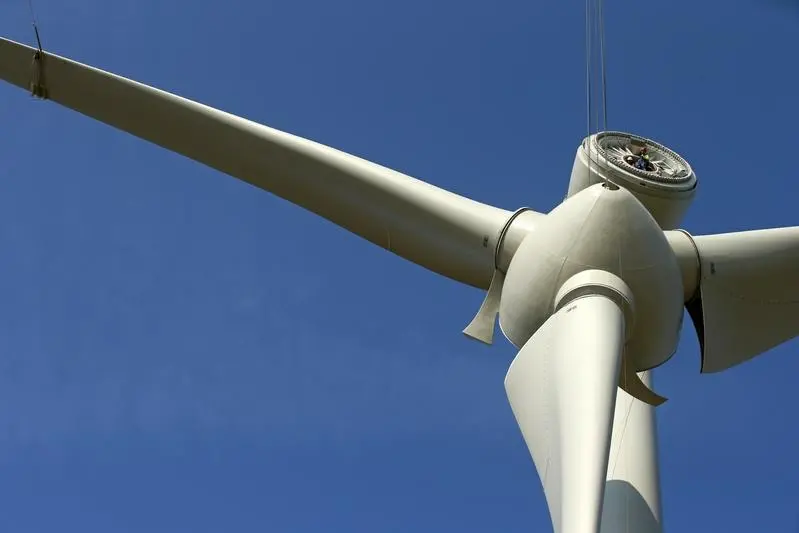PHOTO
Muscat - Oman has tremendous potential to emerge as a leading exporter of energy based on renewable sources, according to a leading expert in the field. Prof David Rooney, director of sustainable energy research at the School of Chemistry and Chemical Engineering at Queen’s University Belfast was speaking at an event on renewable energy and biofuels organised by the Independent Learning Centre at SQU.
“The development of a robust sustainable energy infrastructure is important to all people. Together with food and water it forms the nexus for growth and prosperity. Of the three, energy is arguably the most important. With it one can turn the sea into clean drinking water, and combine that water with air and land into the materials needed to support our daily life,” Prof Rooney said.
“Over the last two hundred years our energy supply has been continually evolving. In 1817 the world was mainly fuelled by biomass, by 1917 it was coal, and in 2017 it is oil and gas. However, we have now clearly entered the next evolution of our energy supply, the age of diversification and renewables. History has shown that the drivers for this change are not simply economic. An example being the UK’s Clean Air Act (1956) which was in response to the great London smog in 1952. Sixty years later, cities such as Paris and Mexico have announced that they will ban diesel cars from their centres by 2025. Therefore, the driver for change it is a complex construct of energy security, global awareness, and our desire for a cleaner environment.
“Simple calculations show that Oman would have sufficient solar energy to not only power its own needs but all of the UK as well. While solar would be the most obvious target for a national renewable energy solution, research carried out within Sultan Qaboos University has shown that there is a role for all other forms of renewable energies in Oman including wind, marine and biomass,” he said.
According to Prof Rooney, there will always remain a need for biofuels, be they from marine of land sources. “Biofuels are nature’s way of storing energy and are highly effective. The energy density of a biofuel is easily more than 50 times that of a lithium-ion battery and every time you fill your car you are adding power at the equivalent of over 30MW.”
He further said that changes need to be made quickly and early diversification of the energy mix and the industries which use it will stabilise nations against future economic shocks. “Within the UK renewables are increasing rapidly, and these are coming from a diverse range of sources. In 2013, the UK opened the Virvego bioethanol plant in Hull, with enough capacity to supply one third of the UK’s bioethanol needs. This plant does not compete with food production, it works with local farmers to supply its feed stock and returns animal feed pellets sufficient to supply 20 per cent of the UK dairy herd.”
Prof Rooney added that within Oman similar integration of renewable energy technologies could and should be used to develop something unique. “Effective partnerships between industry, academia and government are crucial in achieving such a vision for the country.”
PDO shows the way
PDO is currently in the process of installing thousands of solar panels in its car parks to provide power for its headquarters. This is expected to save more than 3.1mn m3 of gas a year, enough to provide electricity for 1,000 homes.
It will also cut CO2 emissions by 6,662 tonnes annually, the equivalent of taking more than 1,400 cars off the road or planting almost 173,000 trees. Once complete, the 5.92MWp (megawatt peak) solar project will generate 9,480,000KWh per year.
© Muscat Daily 2017





















